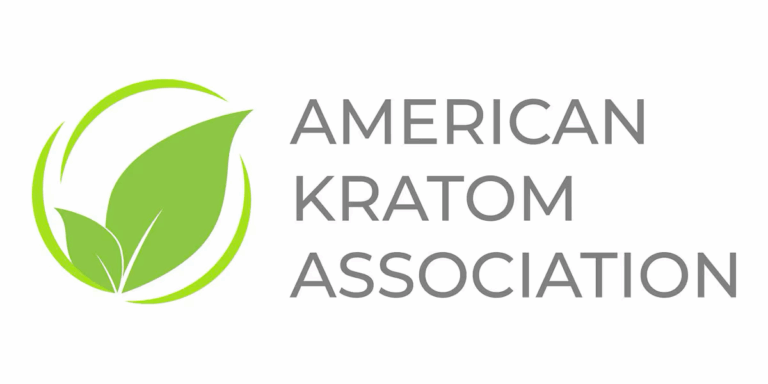What the Reversed Kratom Ban Teaches Us About Drug Advocacy in America

You may not be familiar with the drug kratom, but many Americans are. Kratom is known to relieve pain and anxiety, and has often been used to ease the challenges of getting off of more harmful drugs, namely opioids. The DEA was slated to ban kratom until late September, when an outpouring of public activism by kratom users led to an indefinite delay on such a ban.
Fifty-one lawmakers came together from across the aisle to oppose a kratom ban. One aspect of a proposed ban that stuck in the craw of politicians is that a Schedule I ban prohibits both use of a drug and federally funded research into its potential benefits. The kratom reversal came from Congressional activism born from grassroots movements. Citizen agitation led to coverage from outlets like the Huffington Post and podcasts like Street Fight Radio (hosts Brett Payne and Brian Quimby first brought kratom to my attention). A White House petition created at the end of August garnered 145,000 signatures.
In kratom we can find a valuable lesson: If you want real, effective drug policies in this country, the struggle starts with you.




